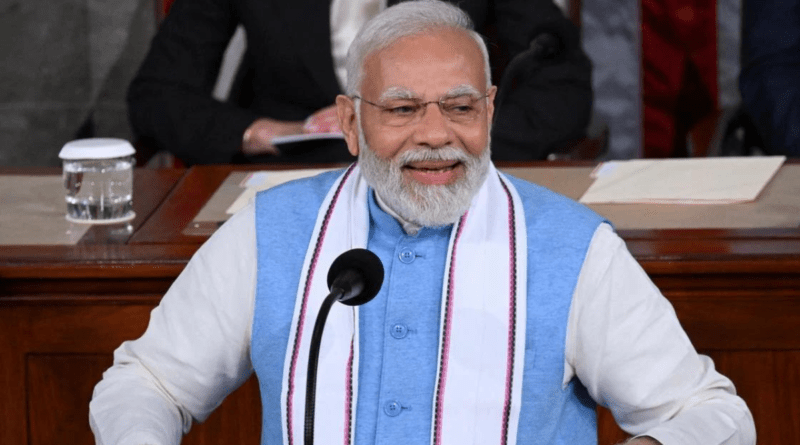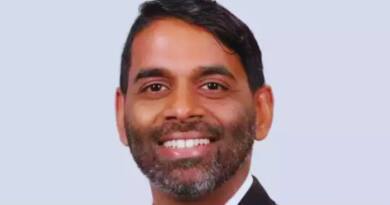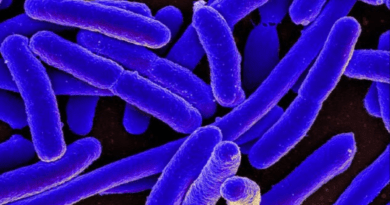Now Indians Across The Globe Have A Sense Of Unity
With a population of more than 32 million, the Indian diaspora is one of the world’s most diverse, broad, and powerful communities. Under PM Modi’s leadership, the government has identified this community’s essential contributions, effectively channelling its economic, financial, scientific, and global credentials into India’s progress.
The shift in perception towards the Indian diaspora is palpable. Previously viewed with distrust for seeking better chances overseas, these individuals are now regarded as a great asset to India, particularly its foreign policy. This is the result of PM Modi’s vision for the Indian diaspora—a shift from brain drain to brain gain. This concept represents Bharatiyata—where every individual, regardless of geographical location, contributes to the advancement of Brand India. It represents togetherness and joint growth, highlighting the diaspora’s shared responsibility in moulding India’s destiny.
The Indian diaspora’s efforts to maintain the nation’s rich legacy and strengthen global linkages have not gone ignored. Recognising their remarkable discipline and hard work, Prime Minister Modi has aggressively engaged them in transformative efforts in India, such as Ganga cleaning and the Swachh Bharat Abhiyan.
Today, the diaspora plays an important role in promoting India’s national interests around the world. Soft power diplomacy has gained a renewed push, now expanding beyond cinema, literature, and entertainment and actively engaging millions of people abroad directly.
PM Modi’s government has introduced a number of policies and initiatives to improve the relationship between India and its diaspora. The Pravasi Bharatiya Divas (PBD), for example, is held annually on January 9th to commemorate the return of Mahatma Gandhi, the greatest pravasi. PBD serves as a celebration and reminder of the Indian diaspora’s significant contribution to the country’s development, as well as their role as dependable partners in India’s growth. The Pravasi Bharatiya Divas Convention, on the other hand, serves as a platform for bridging ideas and innovations while establishing ties among diaspora members.
Cultural linkages have been a major point, with efforts such as the Know India Programme aimed at familiarising India’s young diaspora with various aspects of contemporary India, such as its rich art, tradition, and culture. The Bharat Ko Janiye Quiz also encourages people to go deeper into their roots and gain a better awareness of their ancestral region. In a similar vein, the Pravasi Teerth Darshan Yojana encourages foreign Indians to explore India’s spiritual and religious traditions. Promotion of Cultural Ties with Diaspora, on the other hand, is a duty to showcase Indian culture and tradition around the world.
Further, the Scholarship Programme for Diaspora Children facilitates higher education for these children in Indian institutions and universities, thereby cementing India’s standing as a leading centre for advanced study. Other programmes, such as the Global Initiative for Academic Network (GIAN), the VAJRA Faculty Scheme, Mission Shodh GANGA (Global Alliance for New Generation Acceleration), and the Ramanujan Fellowship, aim to strengthen India’s research and development ecosystem. These are also linking mechanisms aimed at leveraging the vast diaspora talent to build a Viksit Bharat by 2047.
The foundation of the India Centre for Migration indicates the government’s commitment to developing long-term policies for Indian emigration abroad. It also holds conferences, seminars, and research projects to make this process easier. The Indian Community Welfare Fund, on the other hand, is critical in providing assistance during times of crisis and emergency.
The Pravasi Bharatiya Bima Yojana, as well as initiatives such as Pre-Departure Orientation Training (PDOT) under the Pravasi Kaushal Vikas Yojana, indicate the government’s dedication to the care of Indian workers who migrate abroad. PDOT provides potential migrants with key soft skills such as language, culture, and behaviour while abroad. This programme improves their competitiveness and verifies their willingness to move overseas.
Almost 1.29 lakh people have received training through PDOT and the Pravasi Kaushal Vikas Yojana since the initiative’s start in 2018. This statistic demonstrates its effectiveness in providing aspiring migrants with the skills and information required for a smooth transition to foreign environments.
The government guarantees that the invaluable contributions of the Indian diaspora are properly recognised. The Pravasi Bharatiya Samman Award, the highest accolade in this regard, recognises the good influence of overseas Indians in promoting a deeper awareness of India on a worldwide scale, as well as their dedication to the Indian cause abroad.




